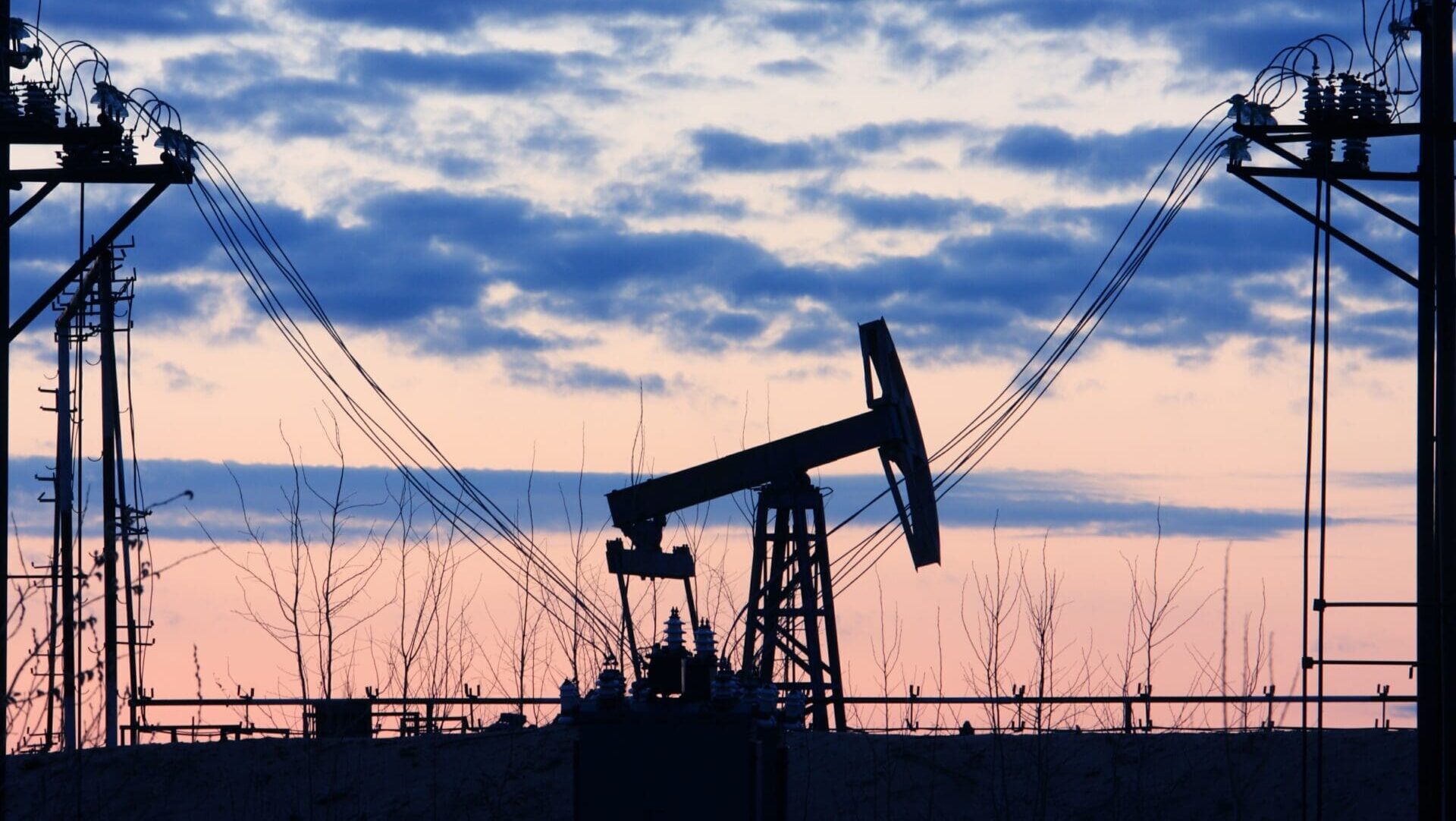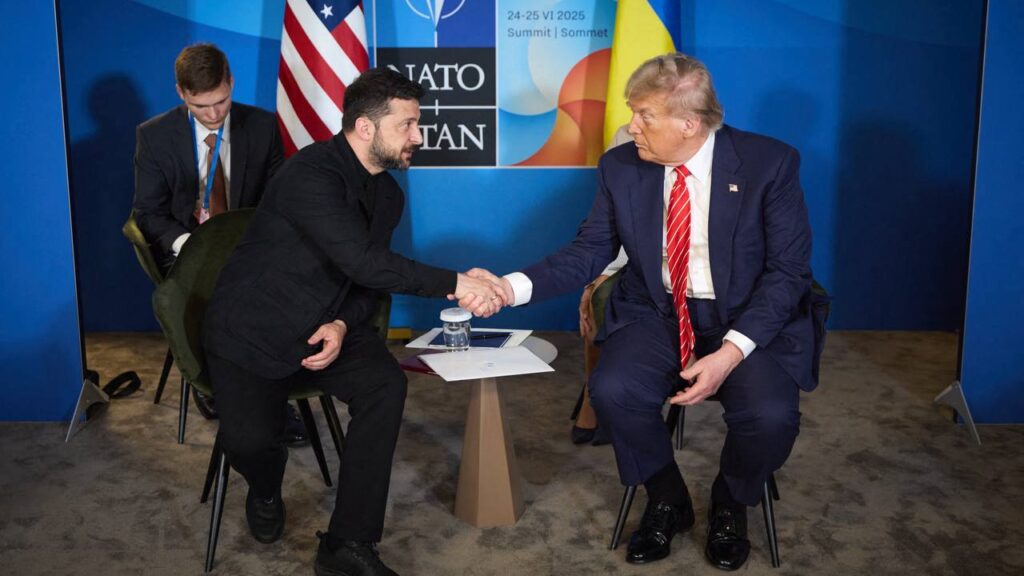Hungary is an exception, according to the Monday (29 August 2022) article of the French daily newspaper Les Echos. ‘European countries are attempting to lessen their dependence on Russian gas, but Hungary is an exception.’ The site claims that Budapest is expanding its nuclear power plant in conjunction with Russia and increasing its gas supply from that country.
The author continues, ‘This contentious initiative highlights the relationship between Russian President Vladimir Putin and Hungarian Nationalist Prime Minister Viktor Orbán in recent years.’
Statistics
The statistics provided by Eurostat, the statistical office of the European Union, show a different picture. According to an article in the weekly Hungarian Mandiner, Poland, the Czech Republic, Slovakia and Hungary were the V4 nations that had reduced their reliance on Russian oil the greatest before the start of the war in Ukraine. Slovakia is ranked bottom in the ranking, according to Géza Sebestyén, director of the MCC Economic Policy Center, with a 9 percentage point decline in its reliance on imports of Russian oil during a nine-year period (from 87 to 78). In nine years, the Czech Republic’s reliance on imported Russian oil decreased by 16 percentage points (from 44 to 28). The author also notes that due to geography, the Czechs’ exposure was understandably lower than the V4 average. Poland experienced a 22 percentage point decrease in reliance (from 80 to 58).
Over a nine-year period, Hungary’s reliance on Russian oil imports decreased by 34 percentage points. In January 2013, Russia accounted for 80 per cent of the nation’s total oil imports; by January 2022, that percentage had dropped to only 46 per cent. In the 1970s, Soviet gas entered the Hungarian economy. Inauguration of the Testvériség I (Brotherhood I) pipeline took place in 1975. Meanwhile, the significance of Hungarian gas plants declined. Lastly, Russian equipment and technology were used in the 1982 construction of the nuclear power facility in Pakistan.
Going Nuclear
Prime Minister Viktor Orbán stated that he wanted to rely on nuclear and solar energy to power Hungary’s future. He also said that 90 per cent of the needs could be met by these two sources.
In July, there has been a proposal to extend the taxonomy decree, which would have deemed some sectors of nuclear and crude-oil energy sources unsustainable. With the rejection of the proposal by the European Parliament, both remain considered safe, clean and sustainable.The European Committee’s proposal details that nuclear and gas-based energy plays a large part in the green shift and could play a role in limiting the climate crisis. For this reason, these energy sources have been classified as sustainable from an environmental standpoint. The modification that was rejected would have prevented this from happening. During the vote, 328 representatives of the European Parliament voted yes, 278 voted no and 33 abstained. Unless the Parliament of the Union or the government of one of the countries raise objections, the taxonomy decree will come inro effect as of 2023.
With plans to upgrade and extend the power plant in Paks, Hungary is on the path towards becoming sustainable and environmentally friendly at the same time. Decreasing dependency on Russian oil is inevitable and necessary in these trying times. Many EU countries are planning and striving to cut themselves off completely from Russian oil imports; however, as Hungary has no way to acquire it via sea transport, it becomes increasingly harder. Nonetheless, the data provided by Eurostat show that Hungary is on the right path, however difficult it may be.








